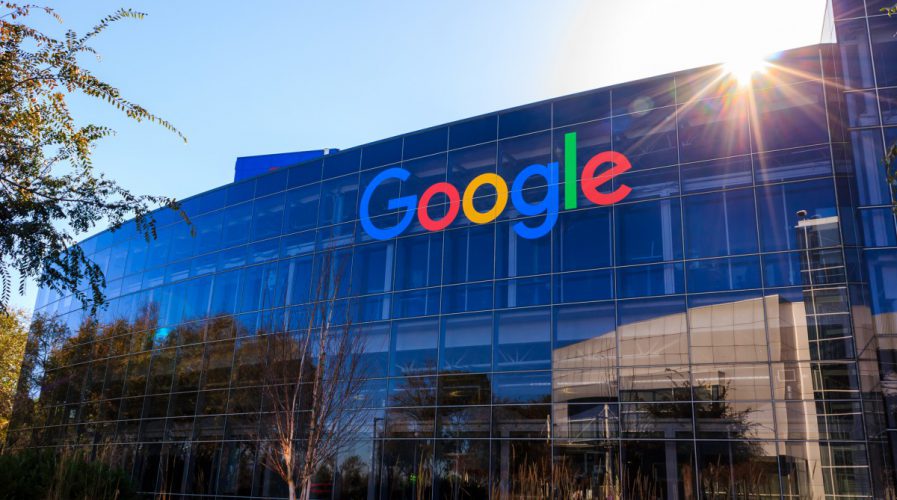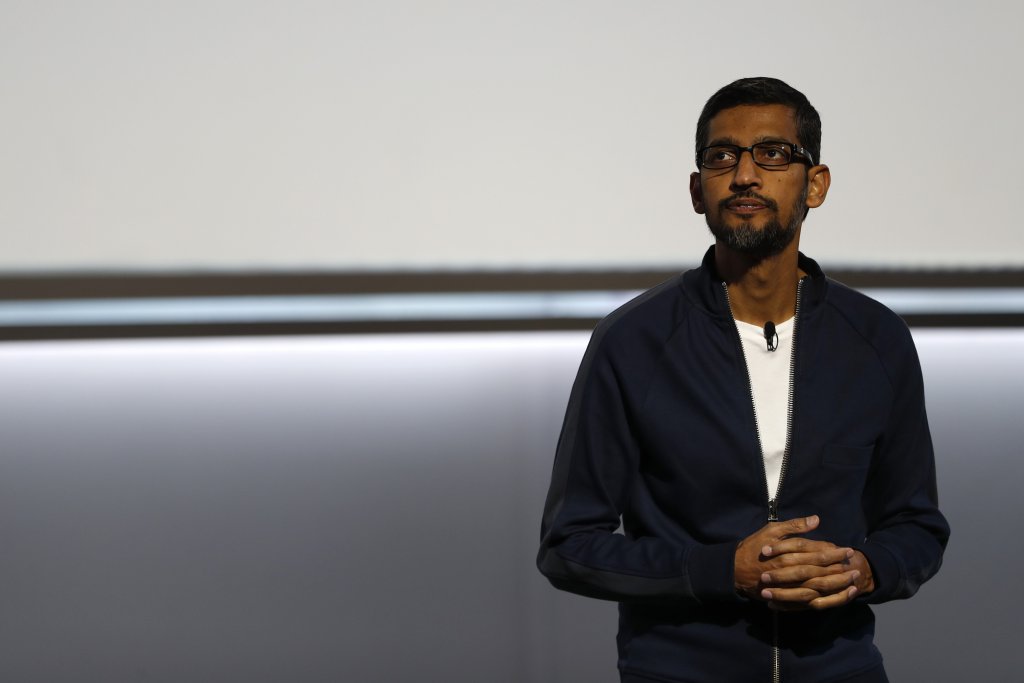
(File) Google’s headquarters in Mountain View, California, US. Source: Shutterstock
Google’s dominated digital and TV looks like the next frontier
DESPITE all the buzzy attention that non-TV platforms have gotten over the last couple of years, it’s pretty evident that the big publishers of today still consider the medium a prime platform. Big players such as Google and Facebook are developing programmatic advertising tools as they seek to capitalize on the platform.
Google has been working on edging into the TV advertising space for years now, with a mixed bag of results. They’ve been promising to bring the digital advertising tools that made the company an advertising force to be reckoned with, to TV. Though some companies have taken to the form – it’s helped to sell excess inventory – but it’s never quite taken off.
Now, though, as big content platforms such as Hulu, Netflix and YouTube are becoming mainstays rather than alternatives, there’s a real possibility for Google’s TV Ads technology to take off. The company has already inked agreements with North American outlets CBS, the CW, BBC America and Lifetime to deliver ads in their online streams.
Probably the biggest bet the company has made has been on the huge rollout of Google-run ads all across the hotly anticipated “Star Trek Discovery” series”, which was rightly estimated to reach millions of viewers.
“The CBS partnership is big for us,” said Rany Ng, Google’s director of product management for video, to Business Insider.

Google has been working for years to crack TV. Source: Antonio Guillem
The gamble signalled a significant win for Google, whose entrance in to the market place has many established industry players worried. Comcast, who owns Freewheel which is the main way most advertisers get onto home screens, will be the search giant’s main competitor in this regard, and wields a lot of clout in the US market.
Some are resisting because programmatic advertising is, by nature, less lucrative for them; for others, the specter of a media monopoly (a very real one that goes beyond the world of digital advertising) hovers near. According to adtech company Clypd’s Jason Burke, Google’s advantageous position as a delivery system for digital media could benefit them in a move to television.
Of course, Google has tonnes of competition to deal with. The big downside to the tech-first approach is that these capabilities are pretty widely available. There are only so many hours in a day, and unlike the Internet when eyeballs are always open somewhere, supply is constrained on TV and as such programmatic advertising works much less effectively.
“The supply and demand dynamic is flipped,’ said Burke to BI. “That’s a pretty damn big difference.”
Though it’s likely that Google is going to face many hurdles, the biggest win for them will be the fact that as a brand and a company, they’re pretty solid. They’ve got reams of data that already helps them chart consumers around e-commerce and online content, which could offer new insights for traditional TV advertisers looking for more targeted campaigns.

Google Inc CEO Sundar Pichai speaks during a launch event in San Francisco, California, U.S. October 4, 2017. REUTERS/Stephen Lam
“Google is going to be seen as very legitimate in the marketplace,” said Dave Morgan, CEO of the TV ad targeting firm Simulmedia, to BI.
“This is a more natural way for them to get in through technology. I think they’ll be formidable.”
Furthermore, Google could also introduce new ways of working around TV’s medium limitation. Their programming could theoretically extend beyond the home screen, and open new avenues for creators looking to build an ecosystem where their campaigns follow consumers between devices.
“This new generation is just not going to understand this concept of scheduled programming,” said Google’s Ng to BI.
“They are really screen agnostic. This is a massive viewer paradigm shift and something the whole industry is trying to figure out.”
Google has promised a raft of tools that are said to be more sophisticated than TV advertising’s straight up ad-focused content. Ng said that the company has the potential to reinvent how viewers experience advertising, essentially smashing the traditional 30-second commercial open for something fresher and more personalized.
“We use millions of signals,” said Ng. “This is really about how to make TV ads smarter. Understanding people’s interest and intent will help you really capture their attention.”
READ MORE
- Strategies for Democratizing GenAI
- The criticality of endpoint management in cybersecurity and operations
- Ethical AI: The renewed importance of safeguarding data and customer privacy in Generative AI applications
- How Japan balances AI-driven opportunities with cybersecurity needs
- Deploying SASE: Benchmarking your approach






